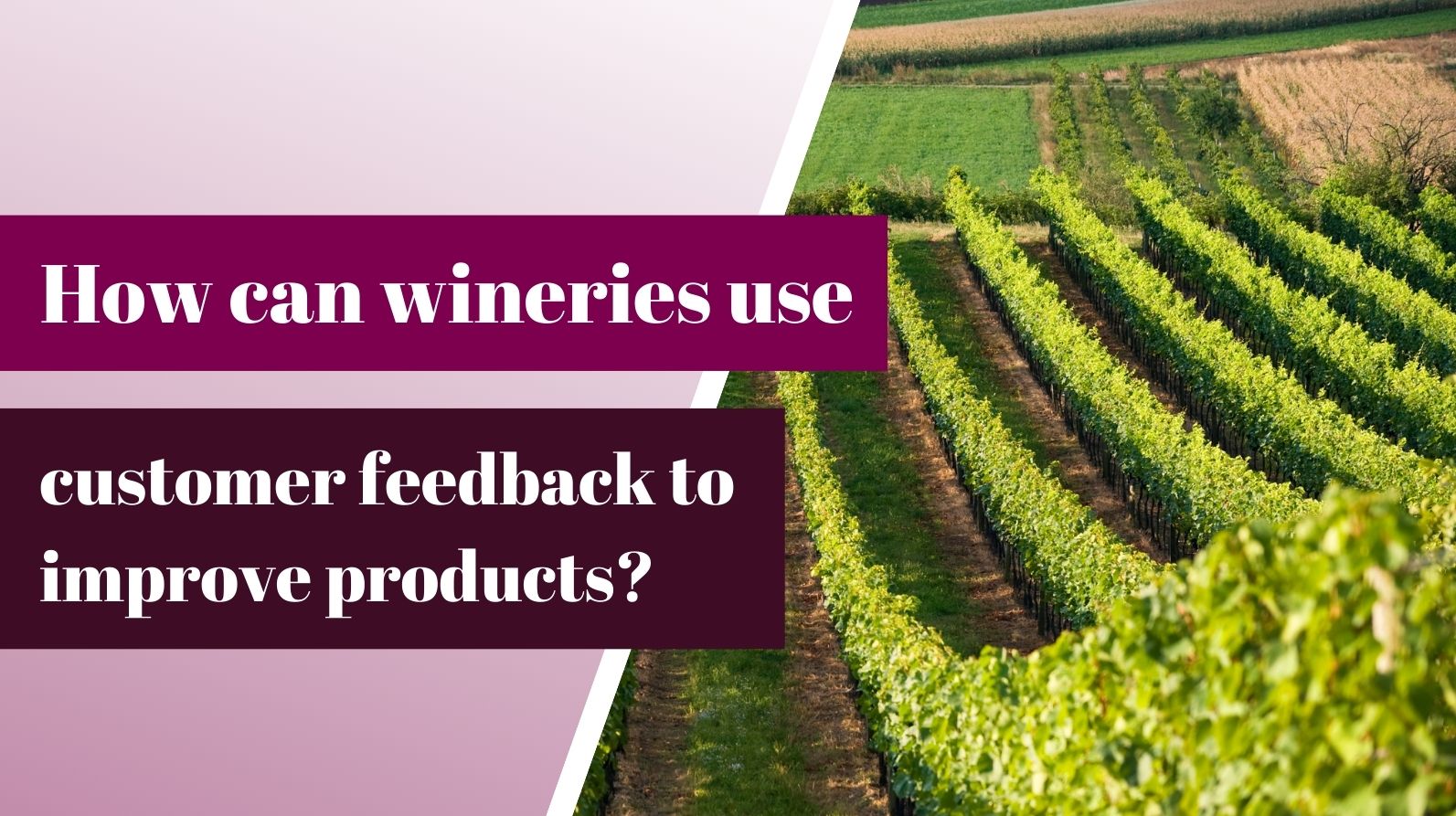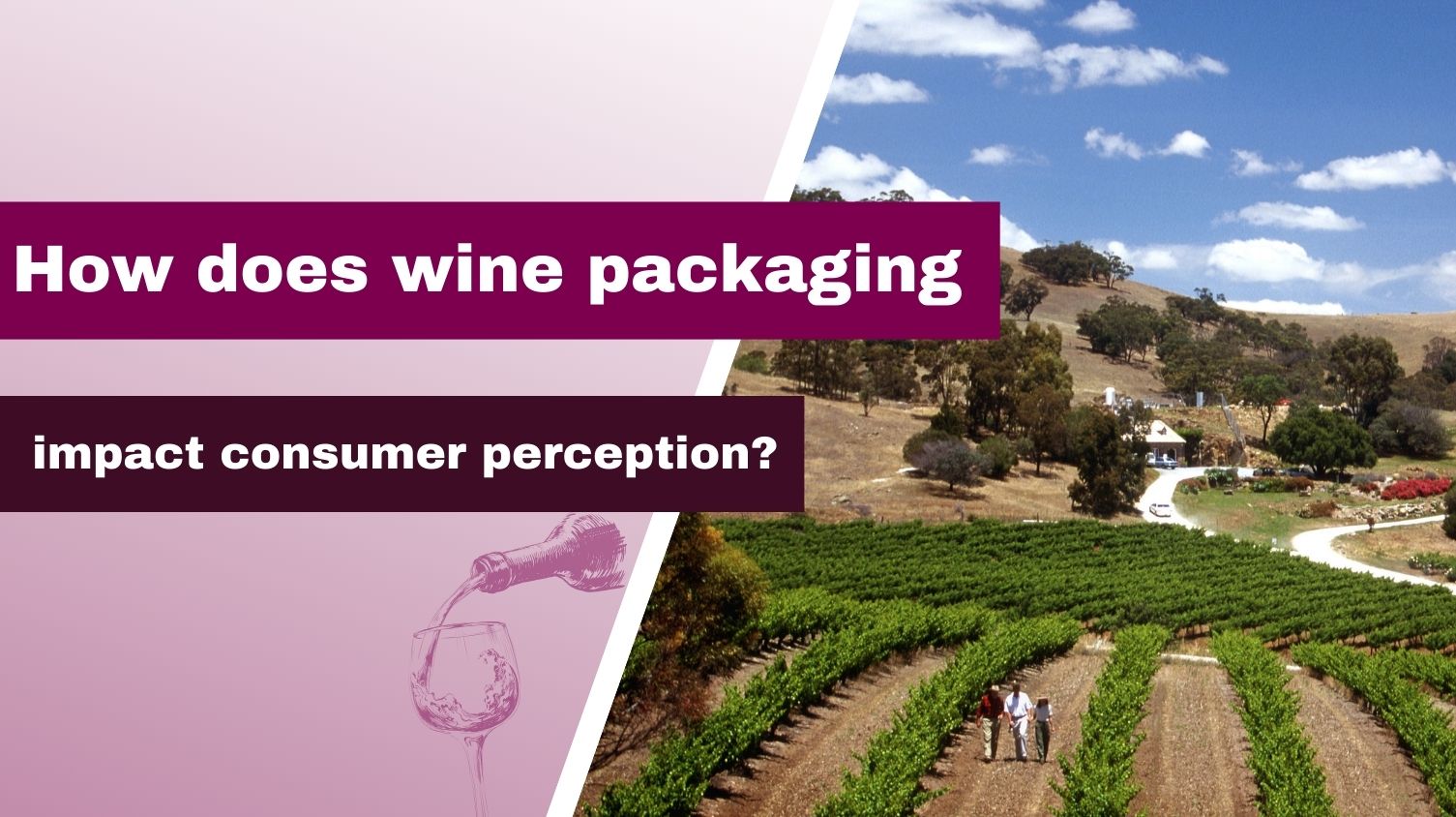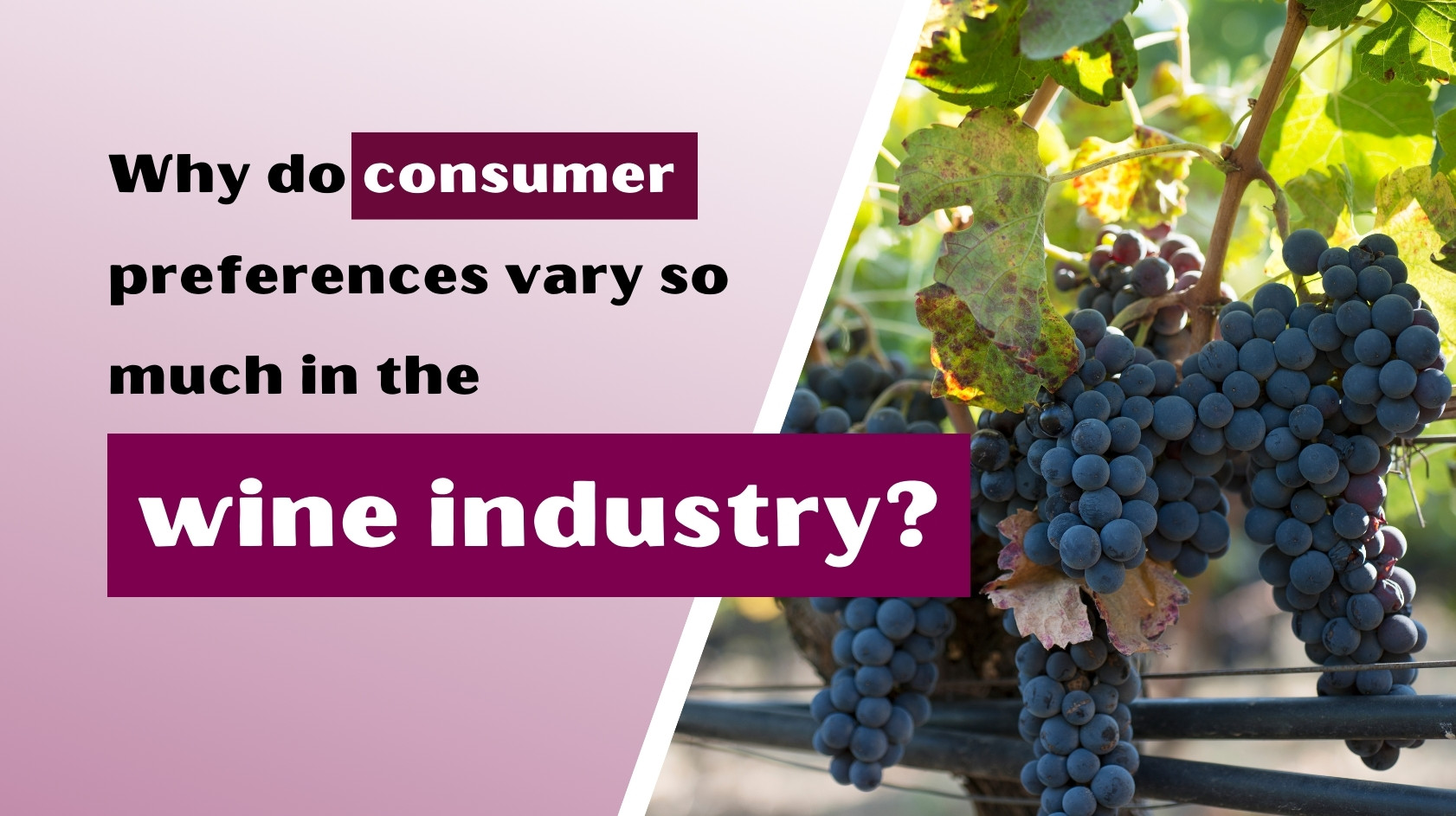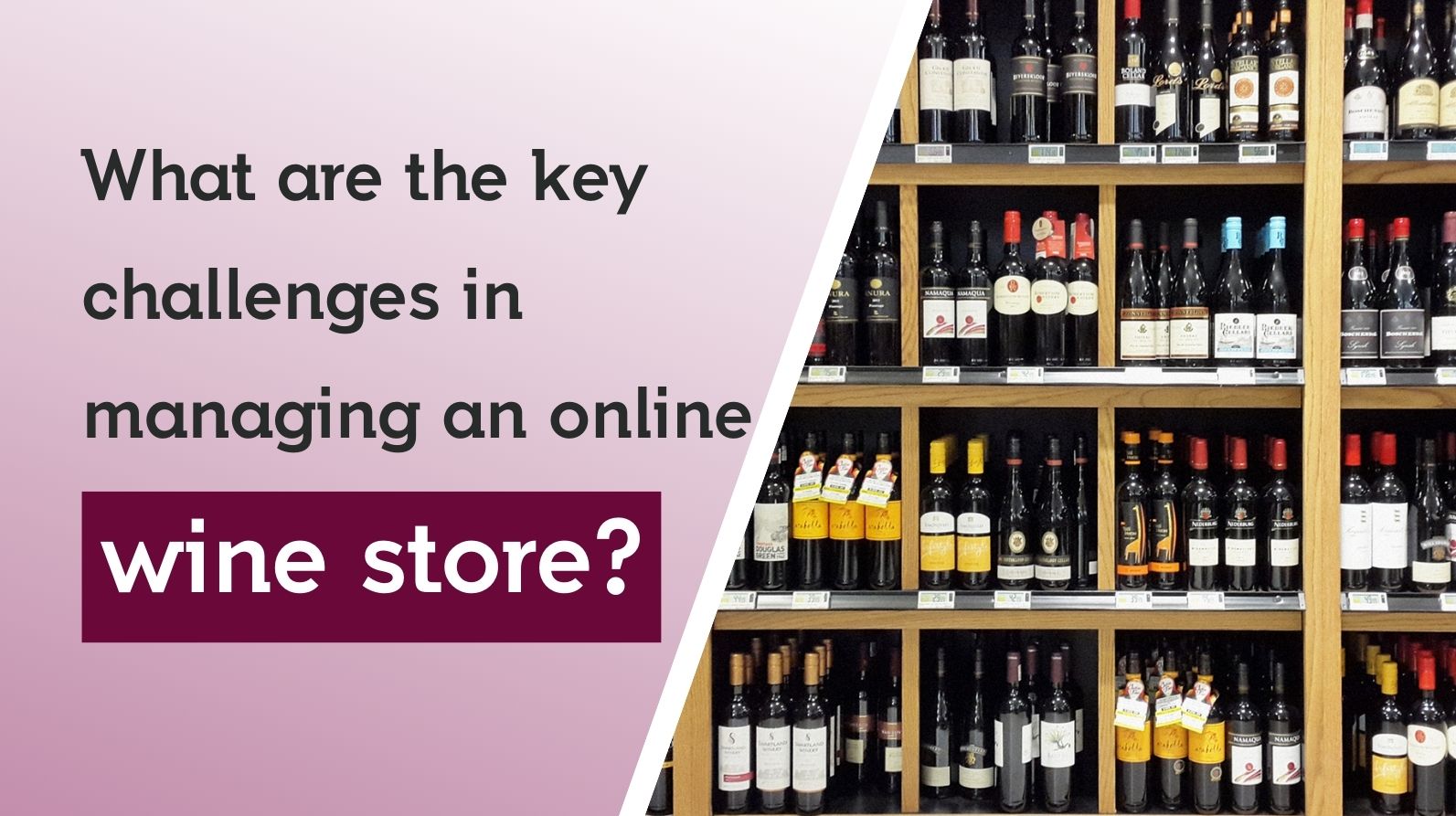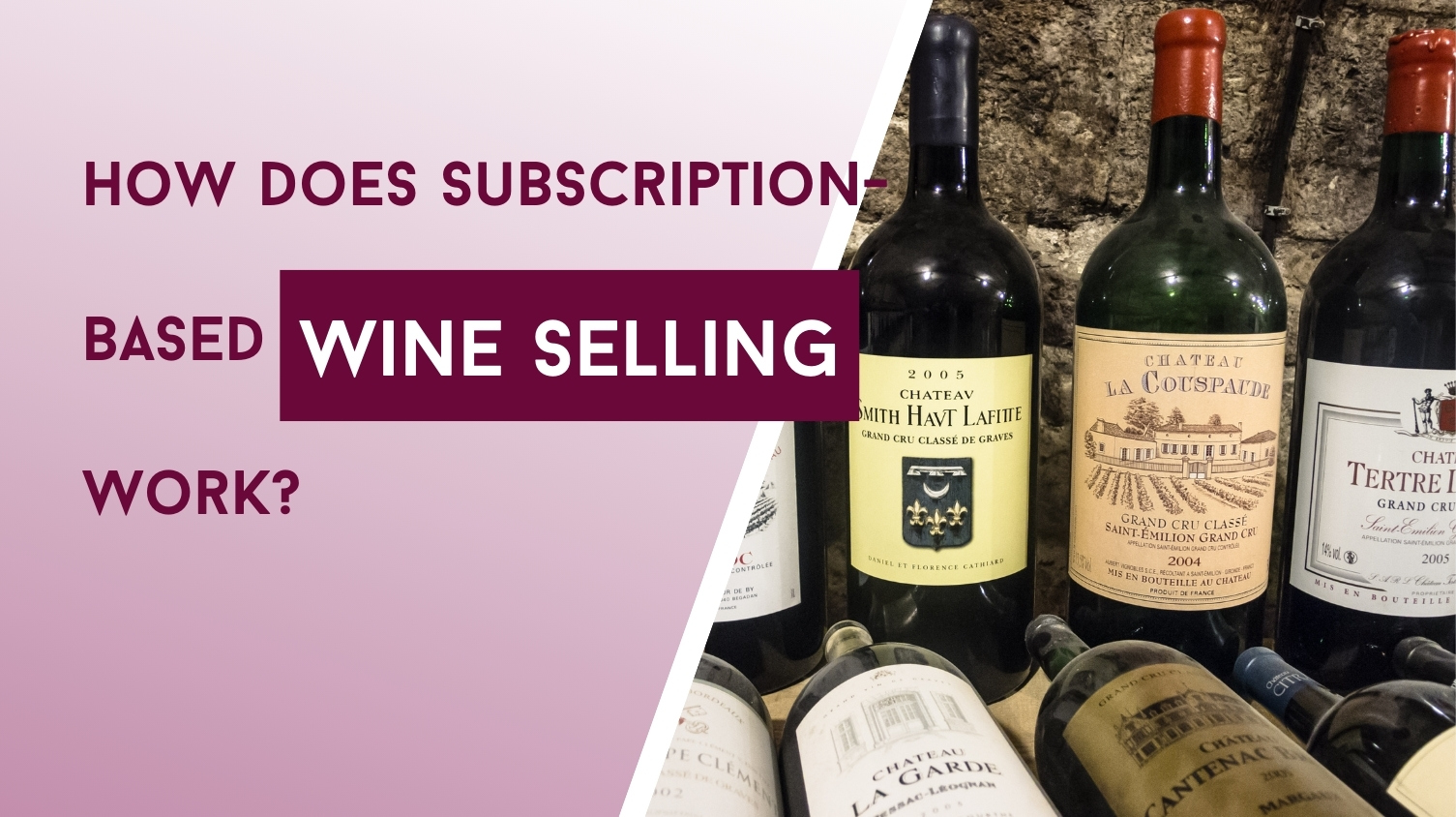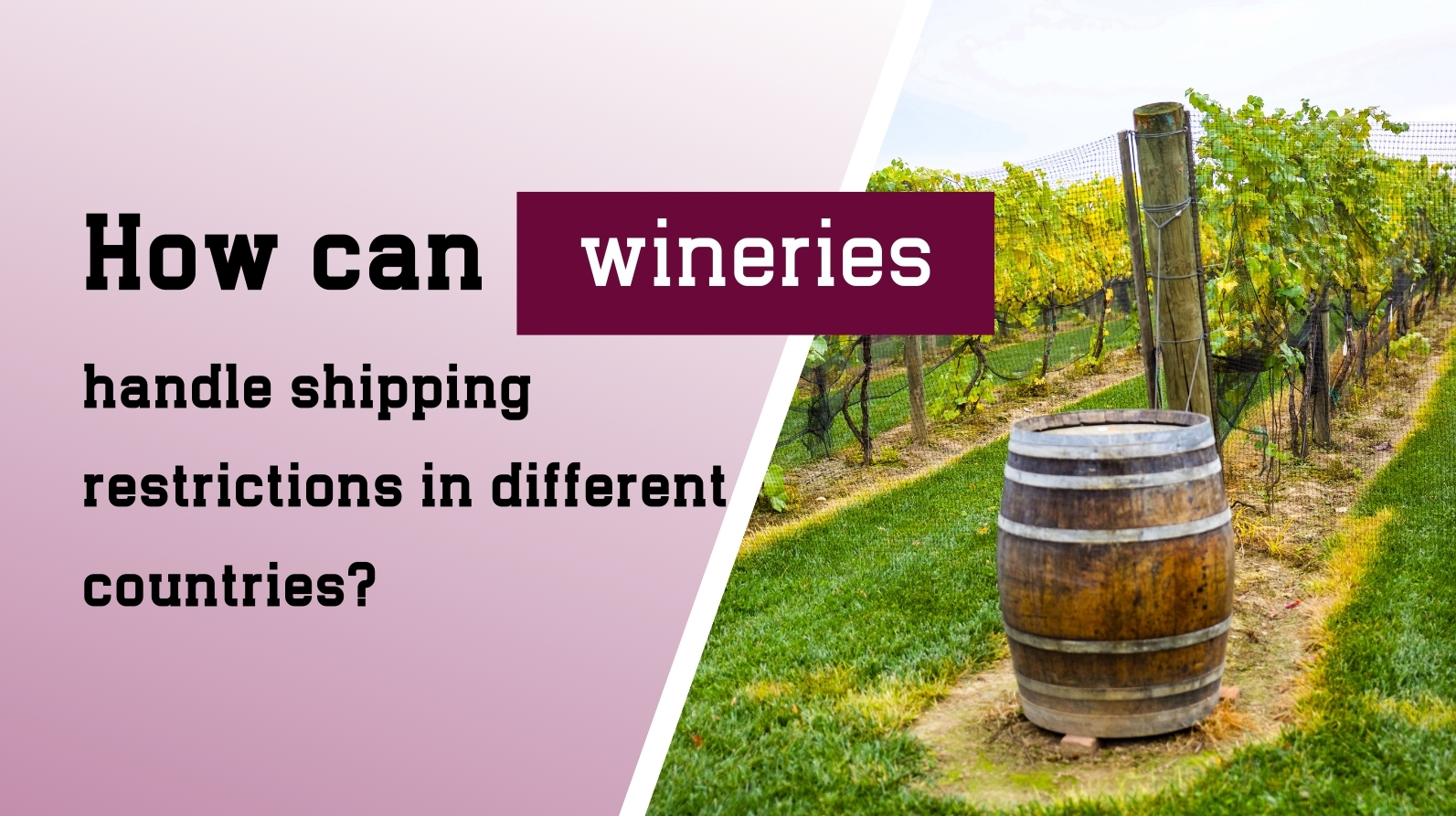The Real Struggles of Running a Wine Business

The Real Struggles of Running a Wine Business
Starting a wine enterprise sounds like a dream, right? Beautiful vineyards, peaceable sunsets, and bottles of wine with your title on them. But the reality is, in the back of all that beauty, there’s a lot of struggle. It’s no longer simply about making suitable wine—it’s about surviving in a difficult enterprise a place so many matters can go wrong. Let’s discuss the actual challenges that come with strolling a wine business.
1. It’s Expensive
If you suppose opening a wine commercial enterprise is like beginning a small shop, suppose again. Land, grapes, barrels, bottles, equipment—it all charges a lot. And here’s the hardest part: you won’t make cash right away. Wine takes time. You plant vines today; however, you won’t get your first actual harvest for years. Even when you do, excellent wine wishes to age. That potential you make investments a tonne of cash upfront, and you simply have to wait. It’s a challenging game, and no one longer has the funds to play.
2. The Weather Can Destroy Everything
Imagine working on your winery for a whole year, solely for one surprising frost, heavy rain, or sizzling heatwave to smash everything. Nature is unpredictable, and local weather alternates is making matters worse. One horrific season can imply no grapes, no wine, and no income. Unlike different businesses, you can’t simply "work harder" to restore it—you’re at the mercy of the weather.
3. Too Many Wines, Too Much Competition
Walk into any wine shop, and you’ll see heaps of bottles from all over the world. With so many choices, why would a consumer choose yours? The massive manufacturers have massive advertising budgets, and smaller winemakers frequently fight to get noticed. Without the proper connections or a robust brand, it’s effortless to be ignored.
4. The Nightmare of Licenses and Laws
Wine isn’t like selling espresso or juice. There are strict legal guidelines about alcohol sales, and they’re unique everywhere. You want exceptional licenses to make, sell, and ship your wine. Some international locations have excessive taxes, some locations won’t enable online sales, and some require problematic forms simply to get started. One mistake, and you ought to face large fines—or even be pressured to shut down.
5. People’s Tastes Change All the Time
One year, all and sundry desires daring pink wines. The next, they’re into light, fruity whites. Then, suddenly, herbal and natural wines are the trend. If you don’t keep up, you threaten to drop customers. But altering your style too lots can additionally confuse loyal fans. It’s a problematic balance, and there’s no warranty that today’s best-selling wine will nevertheless be famous tomorrow.
6. Marketing Is Harder Than You Think
It’s no longer adequate to make remarkable wine—you have to persuade human beings to purchase it. But advertising wine is tough, especially for small businesses. Big groups spend thousands and thousands on advertising, while smaller wineries depend on word-of-mouth and social media. But standing out online isn’t easy. You want an accurate story, lovely branding, and clever marketing. And even then, success isn’t guaranteed.
7. Getting Your Wine Into Stores and Restaurants Is a Battle
Making wine is solely half of the battle—selling it is any other struggle. Wine distributors manage which bottles make it onto save cabinets and restaurant menus. If you’re a small winery, it’s tough to get their attention. And even if you do, they may push larger manufacturers due to the fact they promote faster. It’s irritating when you recognize your wine is good, however, you can’t get it in front of people.
8. Every Year Brings a New Challenge
Unlike making beer or spirits, the place recipes can remain the same, with wine modifications each year. Weather, soil conditions, and small variations in the technique can make your wine style one of a kind from one antique to the next. Customers count on consistency, however nature doesn’t continually cooperate. Keeping fine excessive 12 months after yr is one of the hardest components of the business.
9. Everyone Wants "Sustainable" Wine, But It’s Expensive
More and extra human beings favor organic, biodynamic, or "natural" wines. That’s awesome for the environment, however it’s high priced for winemakers. Sustainable farming requires distinct techniques, different certifications, and greater labor. While huge wineries can find the money for it, smaller ones struggle. If you don’t go green, some clients may keep away from your wine. But if you do, your fees go up. It’s a hard choice.
10. The Emotional Rollercoaster
Running a wine commercial enterprise isn’t simply bodily exhausting—it’s emotionally draining, too. You spend years developing grapes, making wine, and constructing your brand, however there are no guarantees. A awful harvest, gradual sales, or one terrible evaluate can sense crushing. You have to love the process, and no longer simply the give up product. Otherwise, the stress and uncertainty can spoil you.
Final Thoughts
Despite all these struggles, humans nevertheless chase the dream of making wine. Why? Because when you ultimately open a bottle of your very own wine and see humans taking part in it, it’s an great feeling. The wine commercial enterprise is tough, however for these who simply love it, the ardour makes it all well worth it.

